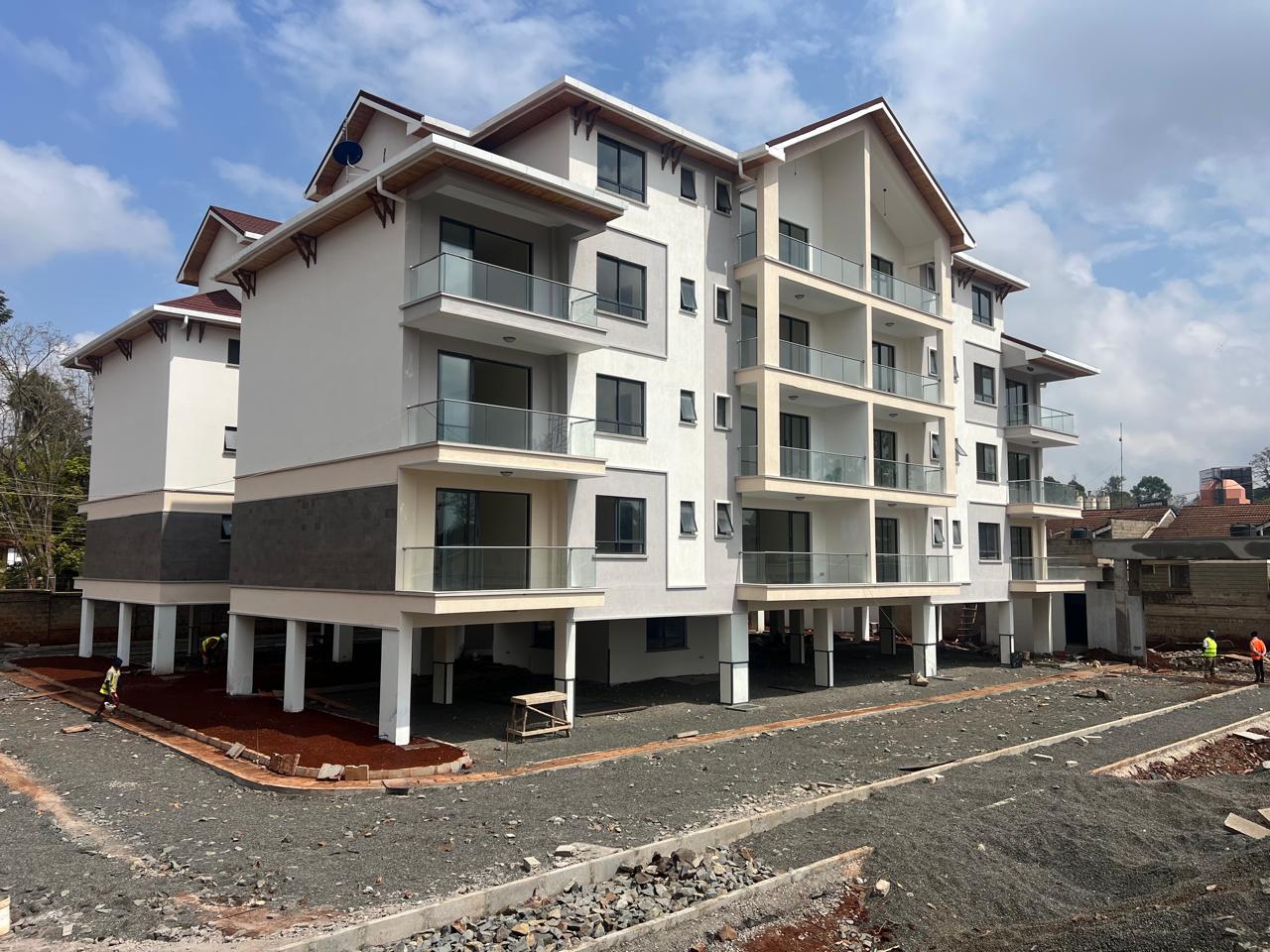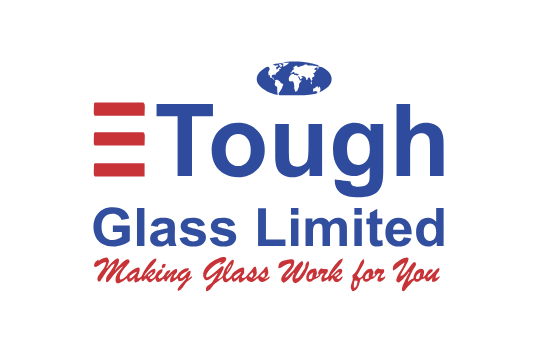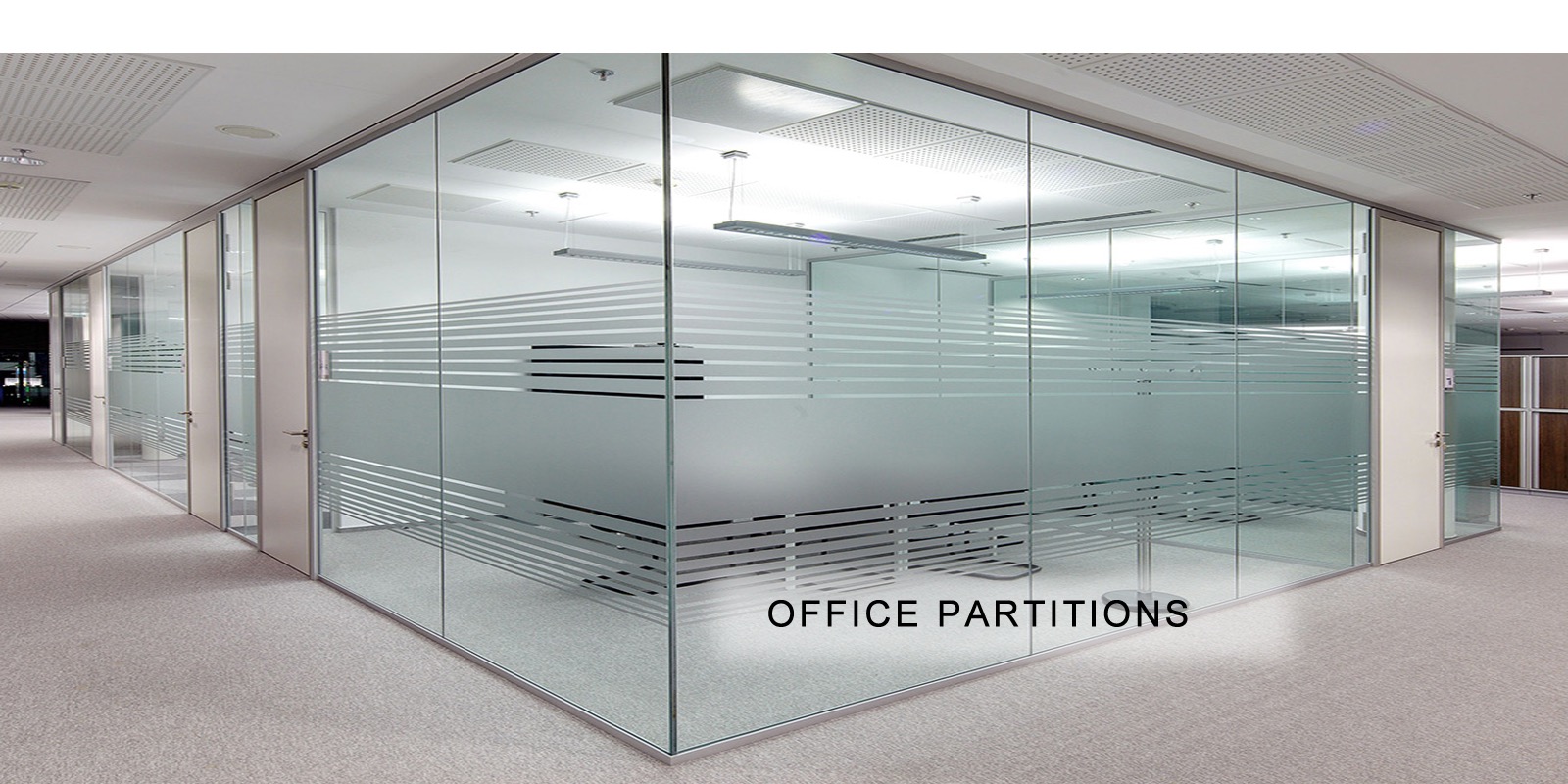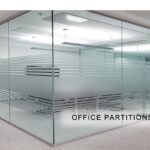
As Kenya’s cities continue to urbanize and energy costs rise, sustainable architecture has moved from a trend to a necessity. From the growing skyscrapers in Upper Hill to the luxury apartments of Kileleshwa and Riverside Drive, developers are rethinking how buildings consume energy. One material is emerging as a game-changer — energy-efficient glass. In the hands of innovators like Tough Glass Kenya, energy-efficient glass Kenya is transforming how homes and offices are built, cooled, and illuminated.
Contact Info
Golden Moon Star Building, Ground Floor Junction of Kilimani rd & Ndemi rd Kilimani
+254 722 724 893
Understanding Energy-Efficient Glass
Energy-efficient glass, sometimes called low-emissivity (Low-E) glass, is designed to regulate the transfer of heat and light through windows and façades. It’s coated with microscopic metallic layers that reflect infrared radiation while allowing visible light to pass through.
In practical terms, this means that energy-efficient glass Nairobi buildings stay cooler during hot days and warmer during cold nights. By reducing the need for air conditioning and artificial heating, this glass helps cut down on electricity bills and lowers carbon emissions — a critical step toward sustainable urban development.
How It Works in the Kenyan Climate
Kenya’s tropical climate, particularly in Nairobi, presents unique challenges for energy conservation. Buildings often absorb excess heat during the day, forcing air conditioning systems to work overtime. Energy-efficient glass reduces solar gain by up to 70%, keeping indoor environments comfortable without overreliance on cooling systems.
Moreover, when used in combination with insulated aluminum frames and double-glazed panels, energy-efficient glass installations can reduce total energy consumption in buildings by 20% to 30%, according to green building studies conducted in East Africa.
Applications in Modern Architecture
The versatility of energy-efficient glass makes it suitable for both residential and commercial use.
- Residential homes: Homeowners in Runda, Karen, and Kitengela are adopting energy-saving glass windows and balcony enclosures to reduce energy costs while enhancing aesthetics.
- Corporate buildings: Offices in Westlands and Upper Hill use Low-E glass façades to maintain natural brightness without the glare and heat.
- Retail and hospitality: Shopping malls and hotels benefit from the balance of transparency and insulation, creating inviting yet sustainable spaces.
Whether it’s a modern office tower or a private villa, Tough Glass Kenya provides customized solutions that combine visual appeal with environmental performance.
The Tough Glass Kenya Advantage
As a leading glass solutions provider in Nairobi, Tough Glass Kenya integrates technology, craftsmanship, and sustainability. The company’s energy-efficient glass products are manufactured to international standards, offering superior insulation, UV protection, and durability.
Beyond product innovation, Tough Glass Kenya educates architects, developers, and homeowners on how sustainable glass design can contribute to green building certifications such as LEED and EDGE — both increasingly popular in Kenya’s construction sector.
A Sustainable Future in Sight
With energy costs and environmental awareness on the rise, energy-efficient glass is redefining Kenya’s approach to modern construction. By merging design excellence with ecological responsibility, Tough Glass Kenya continues to lead the way toward greener, smarter, and more sustainable cities.
As Nairobi evolves into an African hub for green innovation, the clear choice for forward-thinking builders and homeowners remains energy-efficient glass Kenya — clarity with a conscience.



